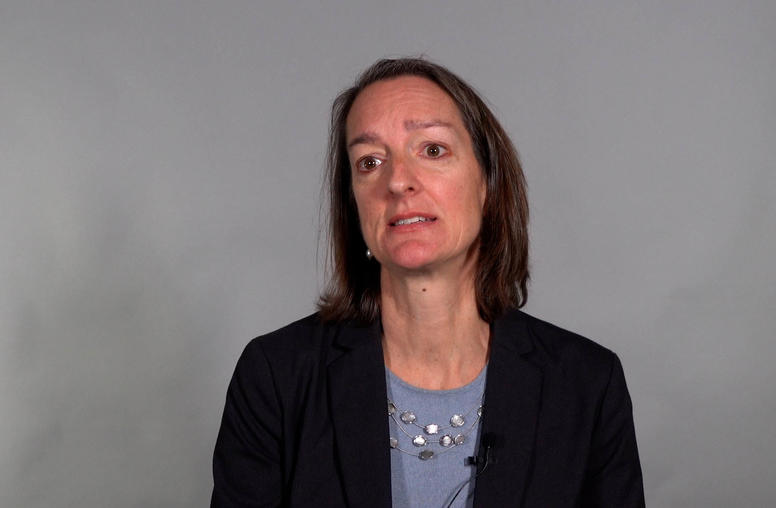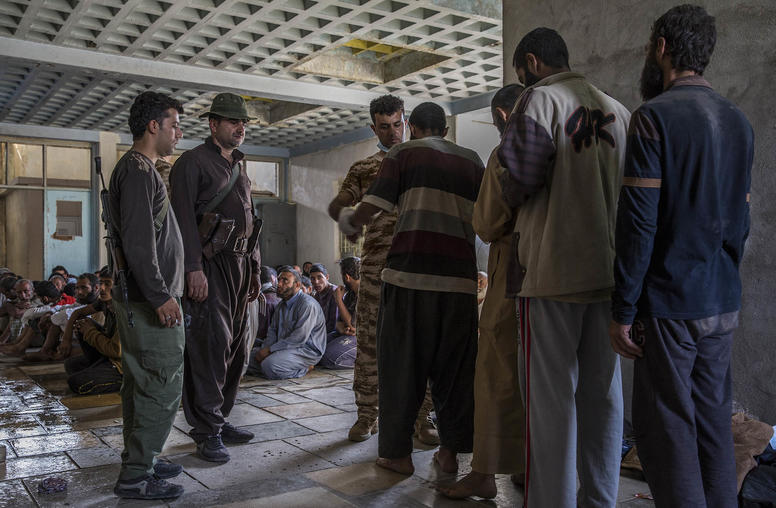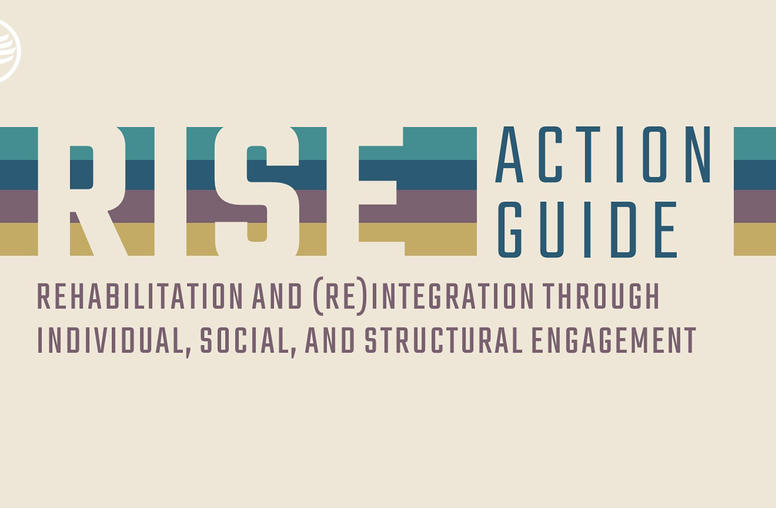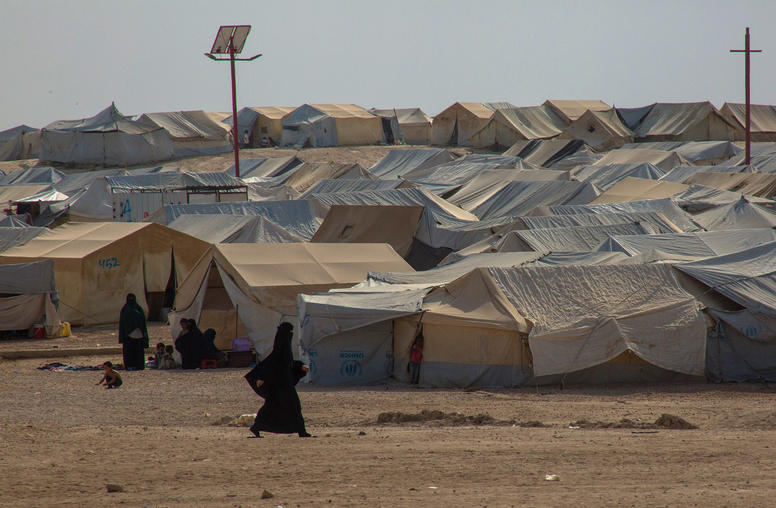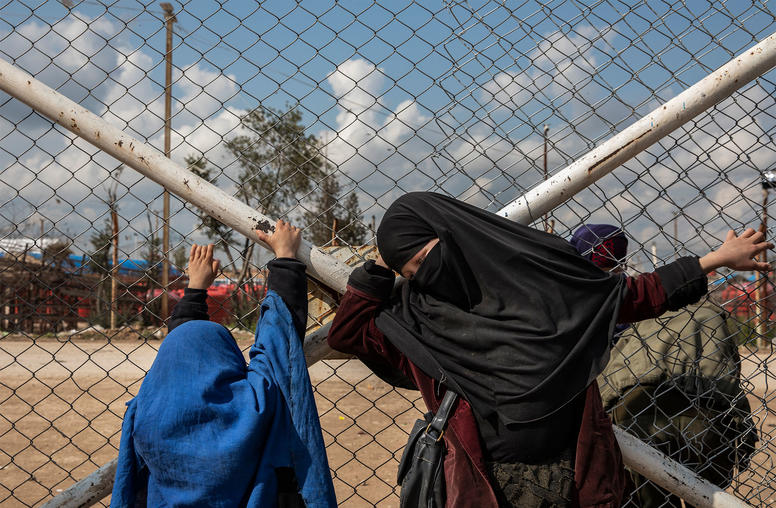Chris Bosley
Contact
Please submit all media inquiries to interviews@usip.org or call 202.429.3869.
For all other inquiries, please call 202.457.1700
Chris Bosley is responsible for USIP’s Program on Violent Extremism. He drives the Institute’s work to prevent and reduce violent extremism and targeted violence by informing practice and policy with novel, multidisciplinary, and research- and evidence-based approaches.
In this role, Bosley leads the Violent Extremist Disengagement and Reconciliation initiative, a peacebuilding approach to rehabilitation and reintegration for communities affected by people disengaging from violent extremism or exiting violent extremist conflicts. The approach represents a peacebuilding-public health partnership to address the individual, social, and structural dynamics that contribute to violence and violent extremism. Its guide star is to leverage positive community resources and build social capital that can transform violent behaviors into prosocial ones to foster reconciliation and wellbeing.
Bosley came to USIP from the Office of the Director of National Intelligence (ODNI), where he served as senior advisor for counterterrorism, combatting violent extremism, political stability, human rights, and crisis management to the National Intelligence Manager for East Asia. Prior to ODNI, Bosley served for a decade as a Navy intelligence officer. His assignments included the Joint Staff, the Defense Intelligence Agency, and the USS CARL VINSON.
He holds a master’s degree in international security, peace, and conflict from Georgetown University, backed by a post-graduate certificate from Johns Hopkins University’s School of Advanced International Studies and a bachelor's in political science from the University of Pittsburgh. His record of publication includes contributions to edited volumes and International Studies Review, among others. He enjoys travel with his husband Cody, thinks Springsteen’s Darkness on the Edge of Town album is severely underrated, and appreciates wine as a form of art.
